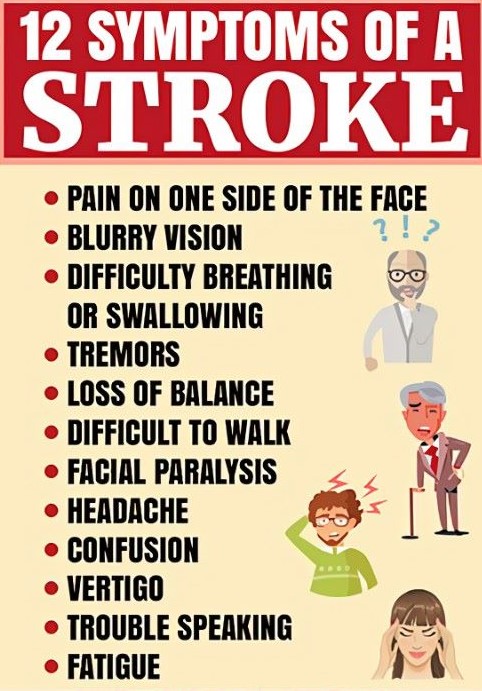How to Prevent Stroke from Emanating in the Body System
Strokes are a leading cause of disability and death worldwide, but the good news is that many strokes can be prevented. By making healthy lifestyle choices and managing medical conditions, you can significantly reduce your risk of having a stroke. Here are some key strategies to help prevent stroke:
1. Manage Blood Pressure
High blood pressure is a major risk factor for stroke. Keeping your blood pressure under control is crucial. Aim for a blood pressure reading of less than 120/80 mm Hg. You can achieve this by reducing salt intake, eating a balanced diet rich in fruits and vegetables, exercising regularly, and taking prescribed medications if necessary.
2. Maintain a Healthy Weight
Obesity increases the risk of stroke. Losing even a small amount of weight can have a positive impact on your stroke risk. Focus on a balanced diet and regular physical activity to achieve and maintain a healthy weight.
3. Exercise Regularly
Physical activity helps lower blood pressure, reduce weight, and improve overall cardiovascular health. Aim for at least 30 minutes of moderate intensity exercise most days of the week. Activities like walking, swimming, and cycling are great options.
4. Eat a Healthy Diet
A diet low in saturated fats, trans fats, and cholesterol, and high in fiber can help prevent high cholesterol and high blood pressure. Include plenty of fresh fruits, vegetables, whole grains, and lean proteins in your diet. Limiting salt and sugar intake is also important.
5. Quit Smoking
Smoking significantly increases the risk of stroke. If you smoke, quitting is one of the best things you can do for your health. Seek support from healthcare professionals, support groups, or smoking cessation programs to help you quit.
6. Limit Alcohol Consumption
Excessive alcohol intake can raise blood pressure and increase the risk of stroke. Men should limit themselves to no more than two drinks per day, and women should have no more than one drink per day.
7. Control Medical Conditions
Managing medical conditions such as diabetes, high cholesterol, and atrial fibrillation is essential in preventing stroke. Work closely with your healthcare team to keep these conditions under control through medication, lifestyle changes, and regular check-ups.
8. Stay Informed and Take Action
Knowledge is power. Stay informed about your risk factors and take proactive steps to reduce them. Regular check-ups with your healthcare provider can help you stay on track and make necessary adjustments to your lifestyle and treatment plan.
By following these strategies, you can significantly reduce your risk of stroke and improve your overall health. Remember, prevention is always better than cure and taking small steps today can lead to a healthier future.
: Harvard Health
: CDC
: Healthline
Feel free to ask if you have any questions or need more information!
Thanks for following and reading our articles to improve your health daily.

